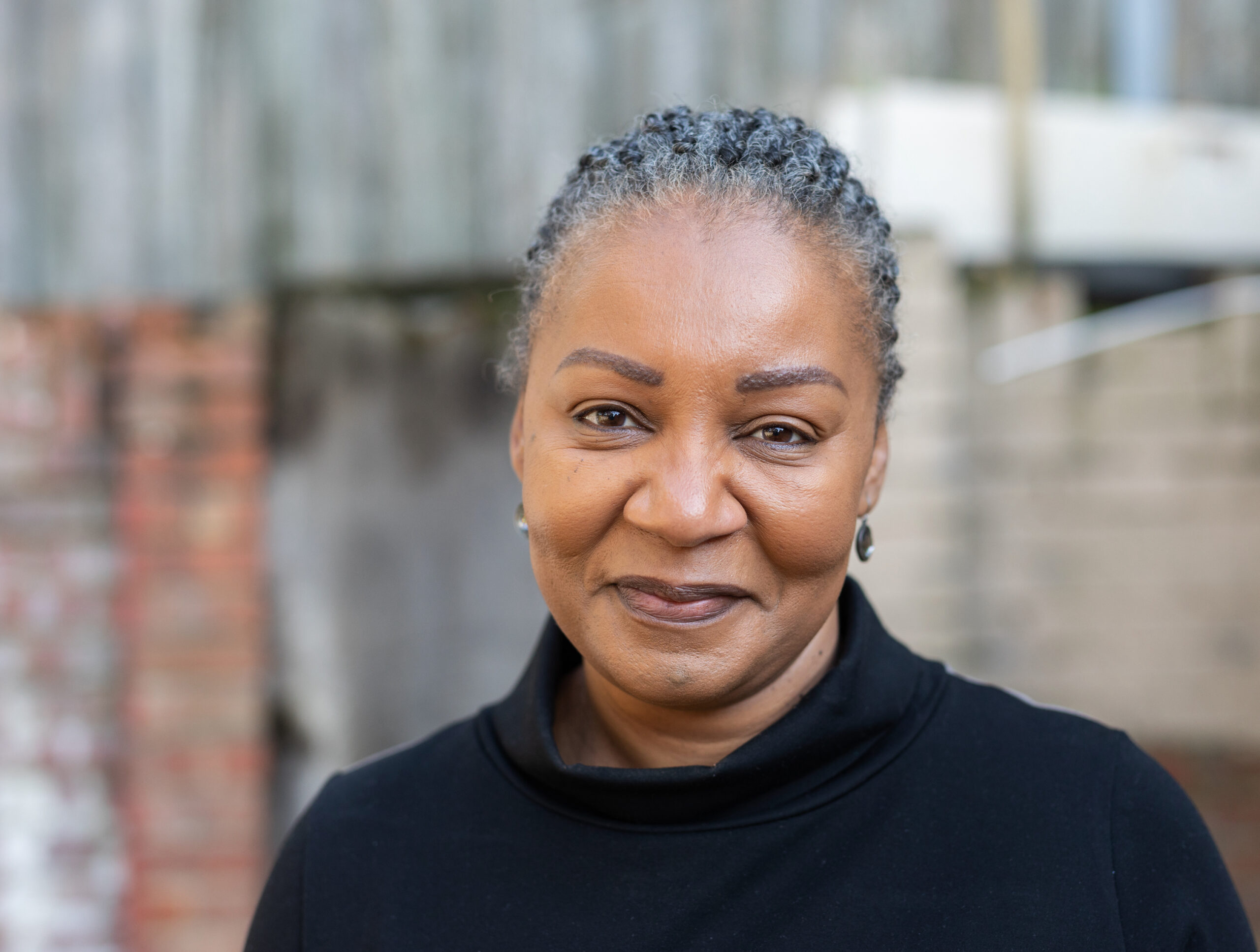Welcome to Associated Retinal Consultants, where our commitment to eye health goes hand in hand with genuine care for our patients. Our experienced team is focused on building a lasting relationship with each patient we serve.


At Associated Retinal Consultants, our mission is to enhance vision, advance eye care, and improve lives. We strive to deliver outstanding retina care with a personal touch to the communities of Michigan. We are dedicated to enhancing vision and improving lives through advanced treatment, personalized care, and a deep commitment to patient well-being. Our goal is to be your trusted partner in eye health, offering support and expertise at every stage of your vision journey.

We understand the importance of good vision, and our goal is to ensure every patient enjoys the best possible eyesight at every stage of their life. We develop fully customized treatment plans for each of our patients, and offer a full range of retina services that includes treatment and management of the following conditions:
Associated Retinal Consultants has been a leading provider of eye and vision care in Michigan since 1971 and is one of the largest retina subspecialty practices in the United States, with 22 physicians practicing in 15 locations across Michigan.
At Associated Retinal Consultants, we pride ourselves on having a team of highly experienced retina doctors who are part of a network that encompasses all ophthalmic and optometric specialties. Each member of our team brings to the table extensive training, certification, and experience. This includes specialists actively engaged in leading-edge research and equipped to handle the most complex cases. Our commitment to excellence ensures that you receive the best possible care.
We believe that every patient is unique. That’s why we offer personalized eye care tailored to your individual needs and preferences. Our dedicated team takes the time to understand your vision goals and health history, ensuring a care plan that is as unique as you are.
Being a part of the EyeCare Partners network empowers us to offer an exceptional patient experience. The EyeCare Partners network includes leading specialists in every field of eye care, all of whom share the common mission to provide our patients with the highest quality of personalized care and attention.